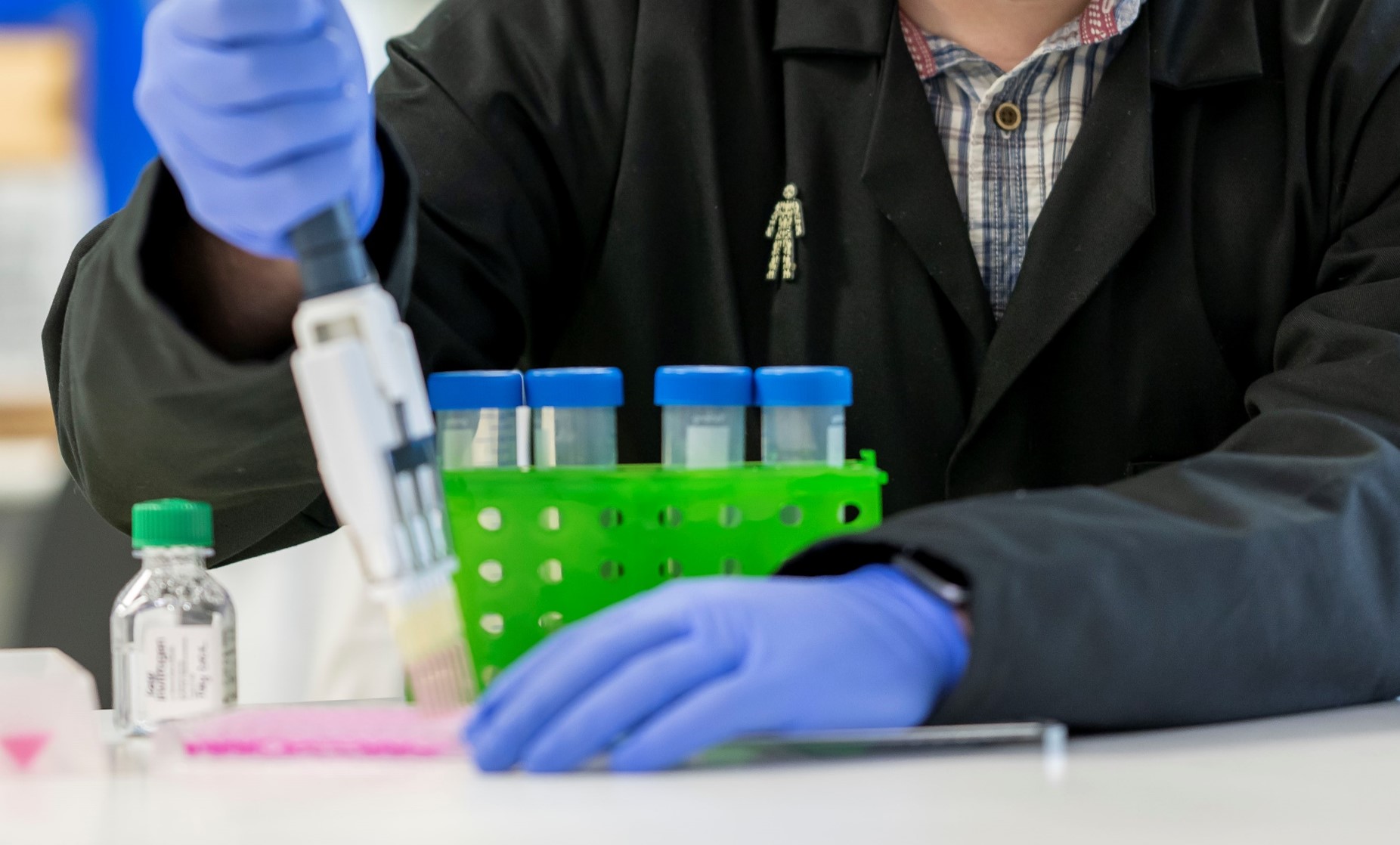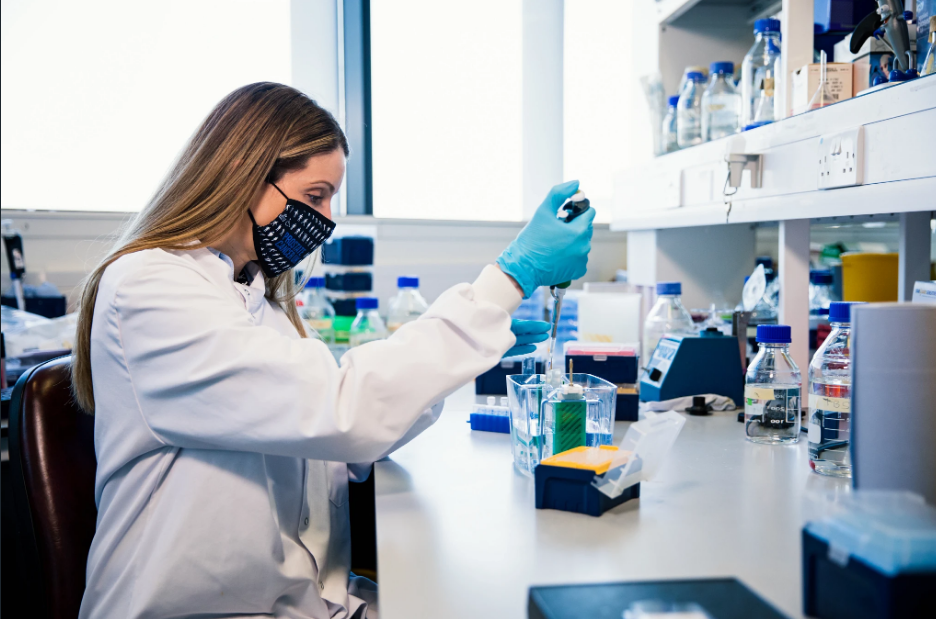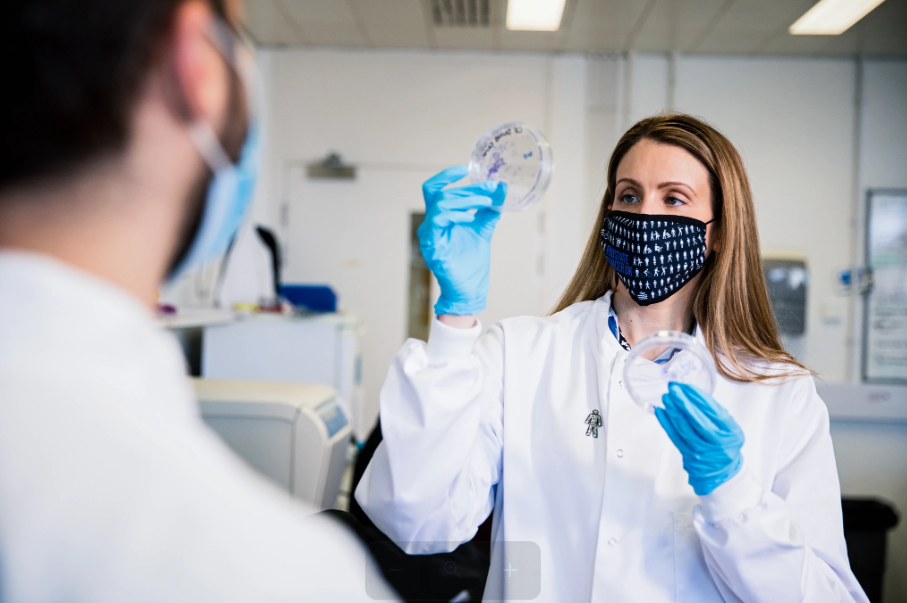
Targeting sugars to diagnose and treat prostate cancer

Grant information
Institution – Newcastle University
Researcher - Dr Jennifer Munkley
Grant Award - £346,676
Duration of Award - 2018-2022
Status - Complete
Reference - RIA16-ST2-011
Why did we fund this project?
- Glycans are a class of sugars that can tell cells how to behave. For example, they can tell cells how fast to grow and which other cells to interact with.
- Cancer cells behave very differently to normal cells: for example they grow and divide much faster. Dr Munkley and team think this is because they produce different glycans to normal cells.
- In this project, the team aimed to understand how different glycans help prostate cancer to grow and spread, to identify targets for new treatments.
- Some glycans can escape cells and enter the blood. The team also sought to investigate whether they could measure changes in the glycans found in the blood of men with prostate cancer.
- They aimed to identify a glycan-based 'cancer fingerprint' that could be used to diagnose men based on a simple blood test.
What did the researchers do?

- The team studied prostate tissue to see which glycans were found at higher levels in men with prostate cancer compared to unaffected men.
- The team created a special type of prostate cancer cell where the production of glycans could be switched off, or raised really high, to study how this affected how the cells behaved and grew.
- They also looked for lots of different glycans in the blood and urine of men with suspected prostate cancer, to see which were different between those who were later diagnosed and those who weren't, and so could be used in a new diagnostic test.
What did the team achieve?
- The team found that some glycans that give cancer cells an advantage, allowing them to grow faster than normal cells.
- They identified drugs that could stop these glycans being produced, including drugs that are already used to treat other diseases. Testing these drugs on prostate cancer cells has shown they reduce their ability to grow and spread.
- The team also discovered a selection of glycans in the blood that were different in men with prostate cancer and could be used in diagnosis.
How could this benefit men?
- The team have shown that glycans can be targeted with drugs to reduce the growth and spread of cancer.
- The team now want to identify the most effective drugs to target glycans, and they have started a new project funded by Prostate Cancer UK to investigate this further.
- The team think this new treatment could provide a treatment option for men whose cancer has spread to the bones. Currently, options for these men are very limited, and new treatments are desperately needed.
- They have also identified changes in the glycans found in the blood of men with prostate cancer, and they are developing this into a diagnostic test that could detect prostate cancer earlier.

Help us fund more lifesaving research like this
Your support helps us fund lifesaving research, so we can work towards a future where men's lives aren't limited by prostate cancer.

